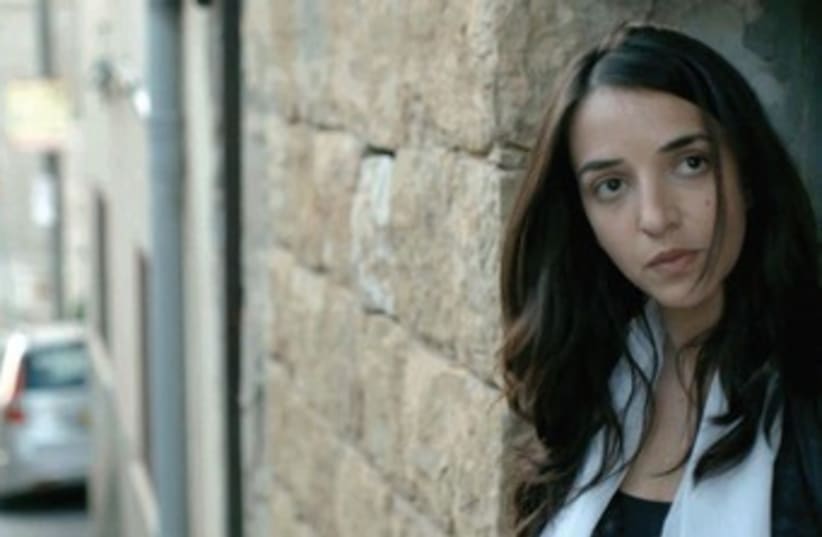ARABANIHebrew title: ‘Arabani’Written and directed by Adi AdwanWith Eyad Sheety, Zuhaira Sabbagh, Daniella Niddam, Tom KelrichRunning time: 82 minutesIn Arabic and Hebrew.Check with theaters for subtitle information.
Few groups in Israel are as mysterious as the Druse. Most Israelis know that the Druse serve in the Israeli army, live mainly in a few villages in the north of the country, split with Islam centuries ago and are excommunicated if they marry outside of their faith – but that’s about it.Following the trend in Israeli cinema in which people from all groups are telling their stories, there is a new feature film, Arabani, set in a Druse village. Written and directed by Adi Adwan, it is the first feature film made by a Druse director. But it is more than a curiosity: It’s an accomplished debut film that tells a compelling story about the tension between tradition and modernity that will speak to people from every culture. The film won the Best Screenplay Award at the Jerusalem Film Festival last summer in a highly competitive year, and the script is beautifully written. The performances, photography and mood of the film are equally strong.Adwan, who was raised in the Druse village of Daliat el Carmel, makes the film accessible to outsiders by telling it from the point of view of a Druse who became an outsider himself. Yusuf (Eyad Sheety) is a middle-aged Druse man who left his village almost 20 years ago, married an Israeli Jew and settled in Tel Aviv. But now the marriage has broken up, and he returns to his village with his two teenage children, who have been raised to consider themselves Israeli Jews and nothing else. Smadar (Daniella Niddam) and Eli (Tom Kelrich) are bewildered when they climb out of the car with their father. To say that their grandmother doesn’t welcome them is an understatement. Still furious with their father, she makes it known quickly that she has done the Druse equivalent of sitting shiva over Yusuf and considers him dead. Still, family is family, and she allows Yusuf and his children to stay with her. Against her better judgment, she is curious about the grandchildren she had never met and with whom she has no common language.Yusuf clearly hasn’t thought this through but had a desire to return to his roots after his sojourn in Gush Dan. His homecoming is difficult and painful, but it makes sense to him; he’s on a journey back to his past. He reconnects with an old buddy and tries to rekindle a relationship with Yusra (Lucy Aharish), a woman he once loved. But his children are bewildered. They are only a 90-minute drive from Tel Aviv, but they might as well be on the other side of the world. They try hanging out with the kids their age in the neighborhood, with mixed results. Eli tries to put on a boastful tone, telling the guys about his sexual experiences, but he fouls up any chance he might have had at fitting in when he says casually that he would like to sleep with a Druse girl. These village guys will joke around about some things, but not about the honor of their women. These scenes illustrate, with a gentle sense of humor, the huge gulf between Eli and these boys. They may serve in the same army, and even listen to the same pop music, but their whole mentality is different.While you might think Smadar might have a harder time in this male-dominated culture, she finds a rapport with the most sensitive of the boys. But although their grandmother gradually (and grudgingly) comes to care for them, Yusuf’s children are not welcomed by the village elders. Their presence is a threat to the community and its value, and the atmosphere becomes more menacing.There is a lot going on for one movie, but Adwan handles it with assurance. The actors, especially Sheety, are utterly convincing in their roles. I would have been interested to learn a little more about the mother in Tel Aviv who has let her children move to this Druse village. It’s not clear what kind of person she is or how and why her marriage to Yusuf ended. But Adwan isn’t telling the story of this family as much as the story of a Druse’s return to his village. It’s a story he is passionate about, and one that he tells very well.
Stranger in his own land
A Druse returns home in 'Arabani'.
